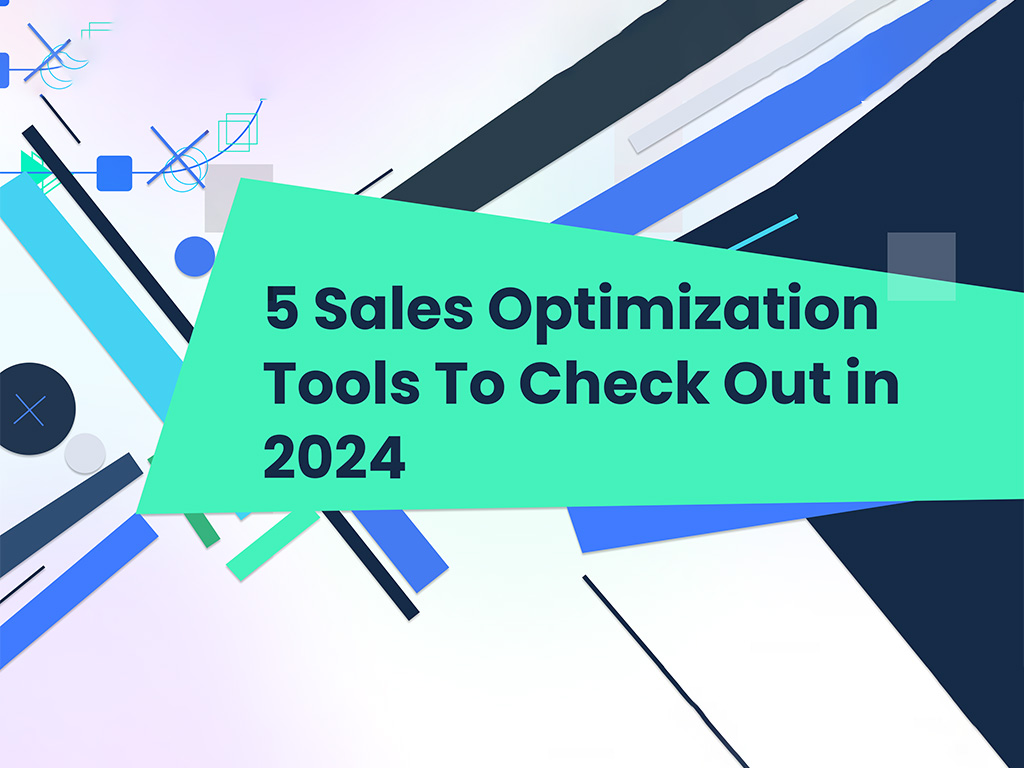In today’s highly competitive business landscape, sales statistics play a crucial role in understanding and improving sales performance. By analyzing sales data, companies can gain valuable insights into consumer behavior, identify trends, and make data-driven decisions to drive sales growth. However, the sheer volume of data can be overwhelming, making it difficult to extract meaningful insights without the right tools and strategies in place.
The Importance of Automation in Sales
One of the most effective ways to manage and analyze sales data is through automation. Automation not only simplifies the process of collecting and organizing data but also enables businesses to streamline their sales operations and maximize efficiency. By automating repetitive tasks, such as lead qualification, follow-up emails, and customer relationship management, sales teams can focus their time and energy on building relationships and closing deals.
Key Sales Statistics on Follow-Up and Automation
When it comes to sales, follow-up is key. However, many sales professionals struggle to follow up effectively, resulting in missed opportunities and lost revenue. According to sales follow-up statistics, 80% of sales require five follow-up calls after the initial meeting, yet 44% of salespeople give up after just one follow-up. This highlights the importance of consistent and persistent follow-up in closing deals.
Fortunately, automation can significantly improve the follow-up process. By automating follow-up emails and reminders, sales teams can ensure that no leads slip through the cracks. In fact, companies that automate lead management experience a 10% or more increase in revenue within six to nine months. These statistics demonstrate the power of automation in driving sales success.
Understanding the ROI of Marketing Automation
Investing in marketing automation tools can yield a high return on investment (ROI) for businesses. According to marketing automation ROI statistics, 80% of companies that use marketing automation see an increase in leads, and 77% experience higher conversions. Furthermore, businesses that use marketing automation to nurture prospects experience a 451% increase in qualified leads. These figures highlight the significant impact that marketing automation can have on a company’s bottom line.
Exploring Popular Marketing Automation Tools – HubSpot, Datanyze, Moosend
There are several marketing automation tools available in the market, each offering unique features and capabilities. HubSpot is a widely recognized marketing automation platform that provides a comprehensive suite of tools for managing marketing campaigns, lead nurturing, and sales automation. With HubSpot, businesses can automate their marketing efforts, manage their customer database, and track the effectiveness of their campaigns.
Datanyze is another powerful marketing automation tool that specializes in sales intelligence and lead generation. It enables businesses to identify and target potential customers by providing real-time data and insights. By leveraging Datanyze’s automation capabilities, sales teams can streamline their lead-generation process and focus their efforts on high-value prospects.
Moosend is a popular marketing automation tool that caters to e-commerce businesses. With its advanced automation features, Moosend allows businesses to create personalized email campaigns, automate customer journeys, and track customer behavior. By leveraging Moosend’s automation capabilities, e-commerce businesses can deliver targeted and timely messages to their customers, increasing engagement and driving sales.
How Automation Improves Sales Follow-Up
Automation plays a crucial role in improving sales follow-up. By automating follow-up emails and reminders, sales teams can ensure that every lead receives timely and personalized communication. This not only increases the chances of converting leads into customers but also helps build trust and credibility with prospects.
Furthermore, automation allows sales teams to track and analyze customer interactions, enabling them to tailor their follow-up approach based on individual preferences and behaviors. By leveraging automation, sales teams can nurture leads at scale, ensuring that no opportunity is missed and maximizing the chances of closing deals.
Case Studies on Successful Automated Marketing Campaigns
To illustrate the power of automated marketing campaigns, let’s explore a few case studies. Company A, a software-as-a-service (SaaS) provider, implemented an automated email marketing campaign targeting trial users who had not converted into paying customers. By sending targeted and personalized emails based on user behavior and preferences, Company A achieved a 30% increase in conversions and a 20% decrease in customer churn.
Company B, an e-commerce retailer, leveraged marketing automation to drive repeat purchases. By sending automated follow-up emails with personalized product recommendations and exclusive offers, Company B saw a 25% increase in customer retention and a 15% increase in average order value.
These case studies demonstrate the tangible benefits of automated marketing campaigns, including increased conversions, improved customer retention, and higher average order values.
The Current Landscape of Marketing Automation
The marketing automation industry is rapidly evolving, driven by advancements in technology and changing consumer behavior. According to marketing automation landscape statistics, the market is expected to reach $25.1 billion by 2023, growing at a compound annual growth rate (CAGR) of 8.5% from 2018 to 2023. This growth is fueled by the increasing demand for personalized customer experiences, improved lead generation, and streamlined marketing operations.
Moreover, the adoption of marketing automation is not limited to any specific industry. In fact, marketing automation is being embraced by businesses across various sectors, including e-commerce, software, manufacturing, and healthcare. This widespread adoption is a testament to the effectiveness and versatility of marketing automation in driving business growth.
Conclusion
As the sales landscape becomes increasingly competitive, embracing automation is crucial for businesses aiming to unlock sales success. By leveraging automation tools and strategies, companies can streamline their sales operations, improve follow-up processes, and drive revenue growth. From automating lead management and nurturing to implementing personalized marketing campaigns, automation offers numerous benefits that can significantly impact a company’s bottom line.
To stay ahead of the curve, businesses must invest in the right marketing automation tools and stay informed about the latest trends and best practices. By doing so, they can leverage the power of automation to gain a competitive advantage, increase efficiency, and unlock their full sales potential.
CTA: To learn more about how automation can transform your sales process and drive revenue growth, contact us today for a free consultation.


